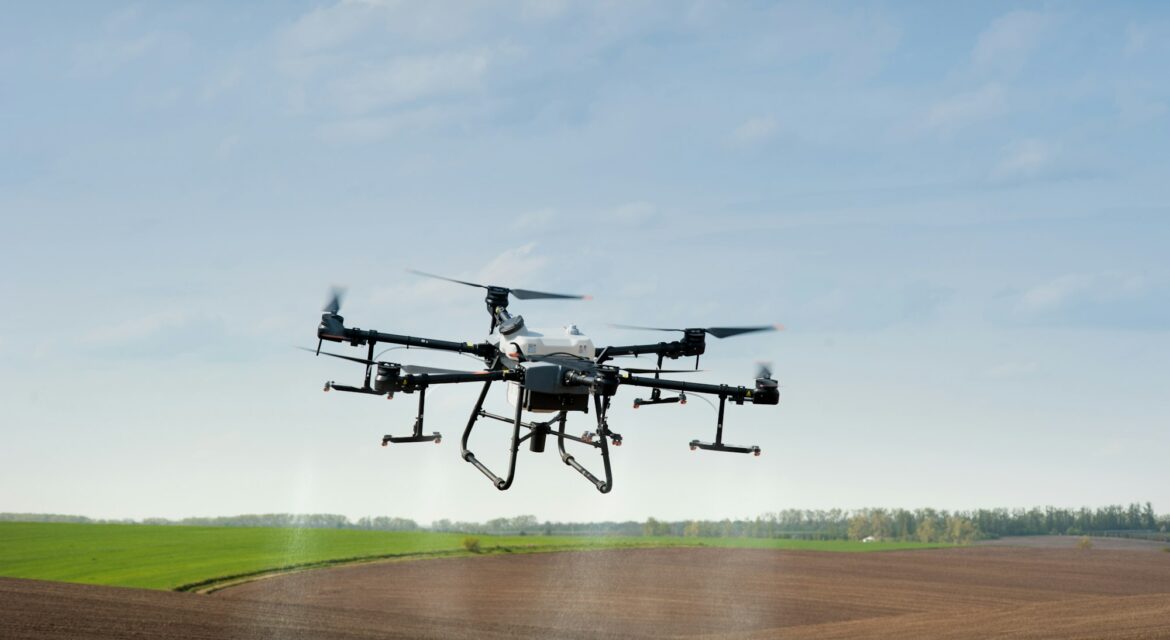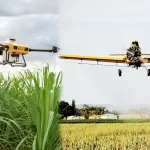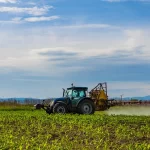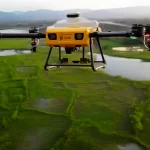Precision farming is revolutionizing the way we approach agriculture, with the primary objective of increasing crop production while minimizing resource usage and maintaining high-quality standards. This innovative approach benefits both the growers and the environment, leading to more sustainable farming practices.
Reducing Costs
One of the most significant advantages of precision farming is the ability to optimize the use of pesticides, fertilizers, and seeds by applying them only where they are most needed. This site-specific management technique ensures that inputs are used efficiently—right amount, right time, and right place. By leveraging sensors and software to monitor crop health, farmers can gain valuable insights into the exact amount of fertilizer or herbicide required. This targeted approach not only reduces input costs but also contributes to long-term sustainability.
Promoting Sustainable Agriculture
Precision farming not only enhances profitability but also plays a crucial role in promoting environmental safety. By ensuring that crop inputs reach the plants without causing harm to the surrounding environment, precision agriculture helps create a safer, more sustainable ecosystem.
Preventing Soil Degradation
The technology behind precision farming helps prevents soil degradation by reducing the overuse of chemicals. With precise application, harmful chemicals are less likely to seep into the soil, thus preserving soil health and fertility over time.
Boosting Productivity
One of the key benefits of precision farming is the enhanced understanding of nutrient levels and soil types across the farm. Recognizing the differences in water retention, nitrogen mineralization rates, and other soil characteristics allows farmers to avoid issues like over-application of nitrogen, which can lead to lodging, or to boost essential minerals like potassium in areas where they are lacking. This targeted management leads to more productive and resilient crops.
Maximizing Profitability
Precision farming significantly increases profitability compared to traditional farming methods. By reducing input costs and increasing crop yields, farmers can achieve higher returns on investment. Additionally, precision farming enhances the quality of crops and reduces the likelihood of crop failures, further contributing to increased profits.
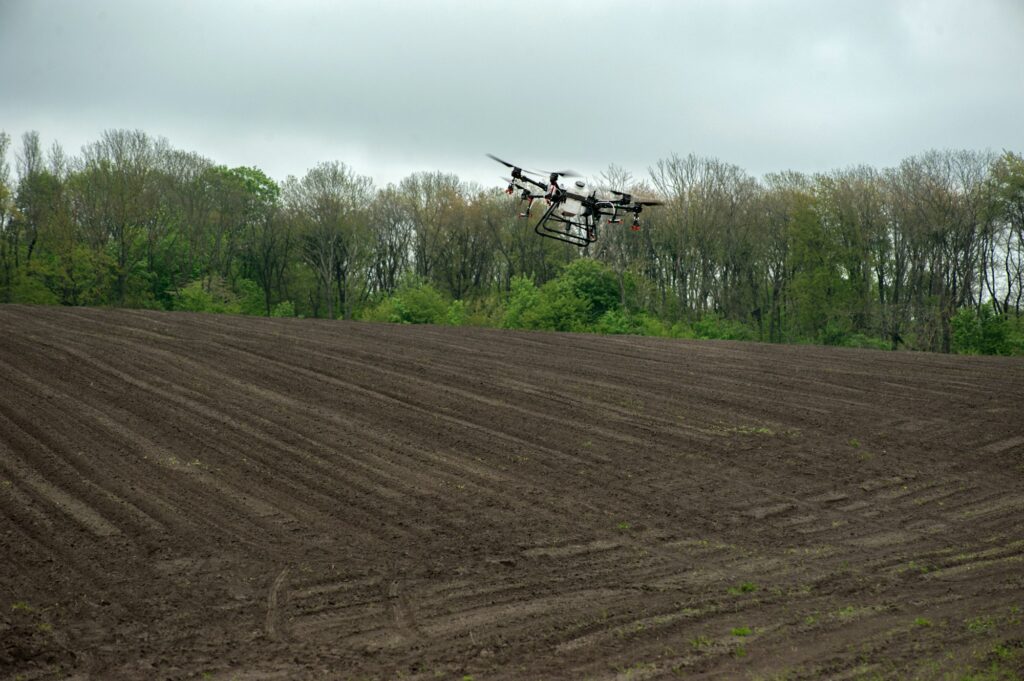
Precision farming is a forward-thinking approach to agriculture, employing advanced technologies to boost crop yields and reduce waste. This modern agricultural method has immense potential to foster more sustainable farming practices, ultimately leading to higher crop yields and reduced environmental impact. At SUIND, our vision is to transform agriculture through innovative solutions like precision farming, enabling farmers to cultivate healthier crops while safeguarding the environment. By embracing precision farming techniques, we can significantly enhance the productivity and sustainability of agriculture, paving the way for a more secure and prosperous food future for all.



